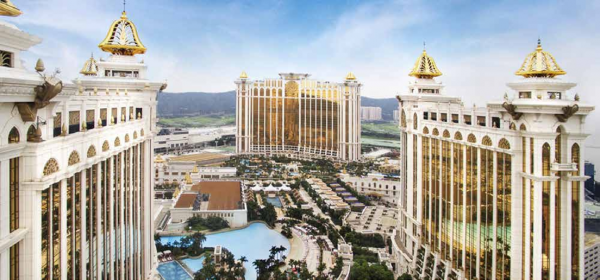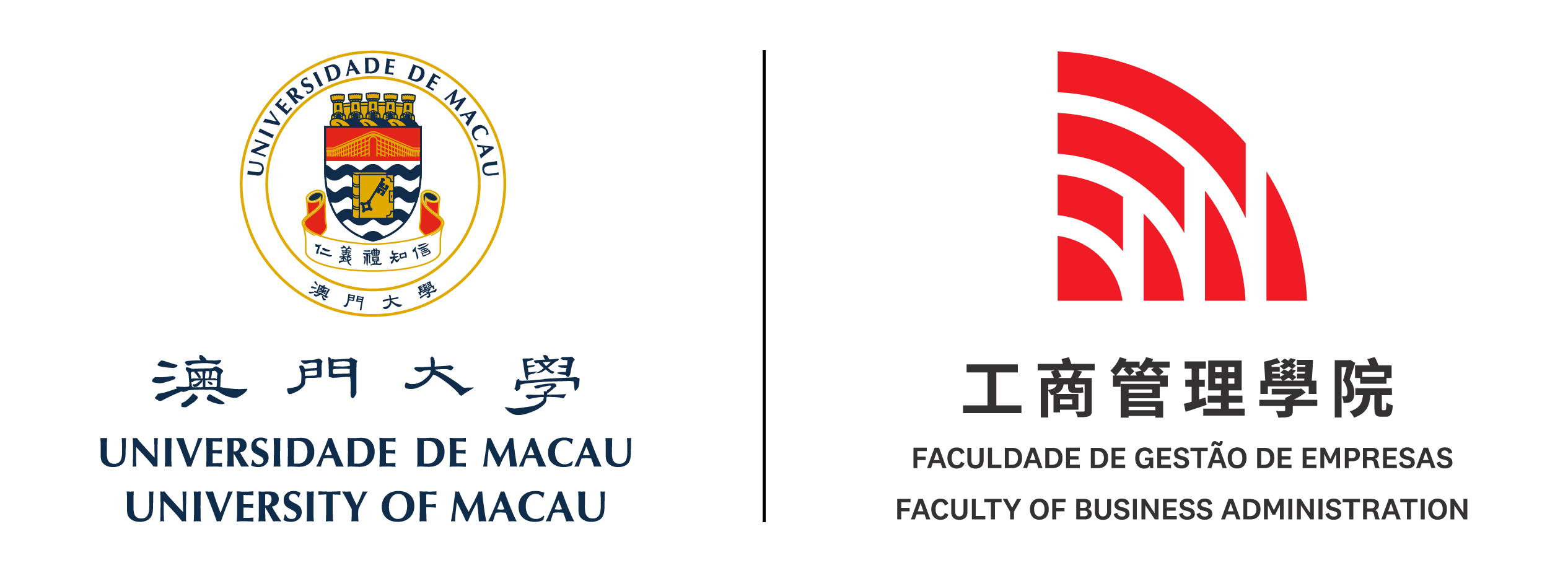The 4th Mastering Cotai, was sponsored by Sands China and hosted by the Department of Integrated Resort and Tourism Management in Faculty of Business Administration of the University of Macau. Postgraduate students from the department focused on the contemporary topics and shared empirical research results to provide suggestions for business operations. This article was originally published by Emily Yau at the “The 4th Mastering Cotai”. The Instructor is Prof. Glenn McCartney, associate professor of International Integrated Resort Management at the University of Macau)
Optimizing marketing strategies on social media to attract tourists in the post-Covid recovery phase
Recent studies indicated that the way people communicated with each other changed dramatically during the pandemic. The digital population grew from 4.1 billion in 2019 to 5.3 billion in 2022, according to a report by the United Nations (UN). Social networks have been increasingly important in marketing campaigns because they are seen as efficient and accessible. With Macau’s tourism industry attempting to recover quickly from COVID-19, effective communication on social media becomes a key aspect in attracting potential tourists. In fact, social media marketing has nothing but benefits in a highly competitive tourist environment like Macau.
According to this study, consumer behavior in social media posts changed after the pandemic, becoming more willing to interact (via ‘likes’, comments and shares). The use of linguistic resources in social networks has also changed, for example, there are more expressions of uncertainty, trust, emotions, first-person descriptions, larger texts and less specificity. Given these changes, more studies on social media interaction are needed in the post-COVID phase, which provide recommendations to tourist destinations on how to create effective and compelling online content. More importantly, it promotes local tourism and consumption.

This study examined the social media marketing strategies of Macau’s integrated resorts, specifically their interactions on Facebook (including 1027 posts from the six integrated resorts between January 1, 2021 and December 31, 2021). A specific outcome of the study was how to manage the relationship between existing and potential consumers in a real-time social networking environment, and how they responded to the messages. More specifically, by looking at the user’s involvement, the study was able to advise resorts on what kind of content to create to maximize interactions.
Using a content analysis approach, a total of 15 topics were found in social media posts. The most popular theme was ‘giveaways’. Topics such as ‘hotel’, ‘promotions’, ‘fashion’, ‘events & entertainment’ and ‘gastronomy’ emerged, despite being less discussed. The least mentioned were ‘MICE’ and ‘art’. Placing a ‘like’ is defined as a low-engagement interaction, being the easiest way to reply to a post. Sharing can be understood as a medium engagement, less demanding than comments, but involve more interaction and action than a ‘like’. The topic of ‘technology’ received special attention.
High-quality consumer interactions are key in a social media marketing strategy. Several findings can be drawn from the results of this study. Gastronomy, for example, was one of the most popular online content among the six integrated resorts. However, the study reveals poor results in comments, reactions and sharing on the subject on average. It is recommended to explore the use or fusion of other topics such as ‘giveaways’, ‘prizes’, ‘hotel’, ‘MICE’ and ‘technology’. Integrated resorts have limited content on social media on the contribution of technology-related publications, however, visitors are beginning to focus more on sustainable hospitality, green tourism and security as a result of the pandemic. Therefore, establishing a high-tech brand image can provide an innovative approach that leads to greater interaction on social networks.
Based on the data, the study ends with several suggestions. Some of them include having a resort’s own official social media account like Tik Tok; ending a post with a question and responding to consumer comments; specifically analyzing the interests of the most loyal customers; taking a more collaborative approach between Macau and Macau’s resorts to further leverage social media interactions; and finally, having a higher frequency in publications, especially on the most popular topics identified in this study, in order to have a greater number of reactions and interactions.
Sources for article: plataformamedia.com


